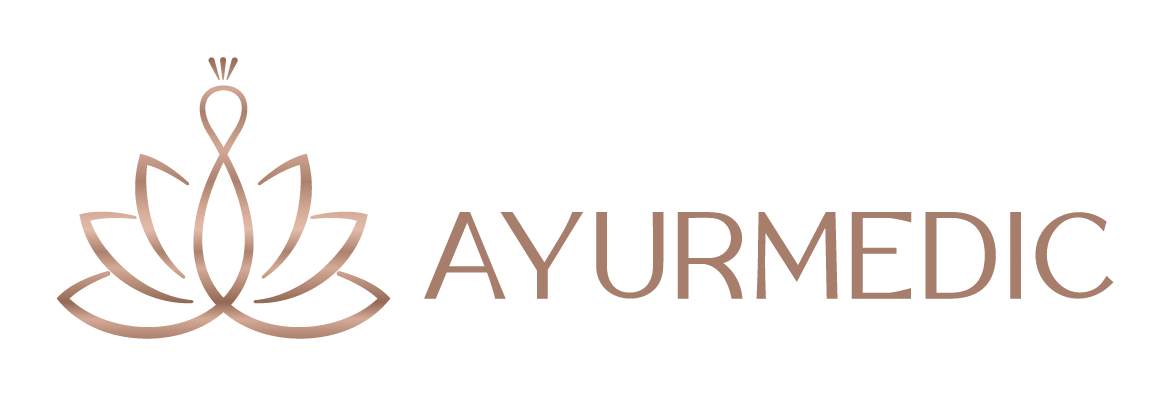Metabolism - a chain of chemical reactions in the human body that results in the transformation and distribution of elements necessary for the normal functioning of the body. Changes in metabolism occur at the molecular and cellular level and lead to the development of various diseases.
All diseases related to the body's metabolism are hypothetically divided into four groups:
1. pathologies related to impaired protein,2. carbohydrate and3. fat metabolism,4. and disorders caused by disturbed mineral metabolism.
The most common causes of these diseases are:
- heredity,- physical inactivity,- intoxication,- neurological disorders,- stress,- malnutrition,- too frequent meals,- taking certain medicines
The metabolic syndrome - a poly-etiological metabolic disease. The main symptoms of the disease are impaired lipid, carbohydrate and purine metabolism, reduced sensitivity of cells to insulin, abdominal obesity (in the abdomen) and hypertension. Comprehensive and appropriate treatment prevents complications of the disease such as type 2 diabetes, cardiovascular disease, stroke, apnoea, polycystic ovaries in women, low testosterone levels and erectile dysfunction in men.
The proposed treatments aim to- restoring the metabolic processes of the cells,- normalising the digestive organs,- assimilating food,- distributing nutrients properly, and- reducing and eliminating side effects.
Obesity
Obesity and overweight are the result of excess body fat. Body mass index (BMI) is a simple weight-for-height ratio used to diagnose obesity and overweight in adults. The BMI is calculated by dividing body weight by the square of height (kg/m2). According to the WHO, adults are considered overweight if their BMI is 25 or more. Obesity is defined as an index equal to or greater than 30. The main cause of these is energy imbalance, where the calories in the diet exceed the body's energy needs. The risk is that they can trigger heart disease and stroke, diabetes, musculoskeletal disorders (degenerative joint disease), some oncological diseases (endometrial, breast, ovarian, prostate, liver, gallbladder, kidney and colon cancer).
The proposed treatments aim to- weight reduction,- restoration of metabolism, especially of fats,- assimilation of food and- proper distribution of nutrients,- strengthening of muscle and bone tissue.
Diabetes
It is a chronic disease that occurs when the pancreas does not produce enough insulin or when the body cannot use the insulin produced efficiently. This leads to increased blood glucose levels (hyperglycaemia). Type 1 diabetes (insulin-dependent or childhood diabetes) is characterised by a lack of insulin production. Type 2 diabetes (insulin-independent or adult-onset diabetes) is caused by inefficient use of insulin by the body. High blood glucose levels in the blood and other biological fluids increase osmotic pressure - increasing loss of water and salts (diuresis), dehydration, and deficiencies of calcium, potassium, sodium and other trace elements. There is thirst, excessive urination, fatigue, muscle weakness, itching of the skin, slow healing of wounds. The disease can be aggravated by complications such as thrombosis, atherosclerosis, joint pain, cataracts, kidney failure, mental changes.
The proposed treatments aim to- restoration of metabolic processes within the cells,- normalisation of the digestive organs,- proper distribution of digestion and nutrients,- reduction of insulin sensitivity in cells,- reduction and elimination of side effects.
Diet plays an important role in diabetes management. Avoiding sweets and carbohydrate-rich foods normalises blood glucose levels. Weight loss can help achieve prolonged remission (absence of symptoms).
Dyslipidaemia, hypercholesterolaemia, hypertriglyceridaemia and mixed dyslipidaemia
Increased lipid and lipoprotein levels in the blood plasma. This disease is not an independent disease, but requires mandatory treatment, as it can lead to the development of serious pathologies such as coronary heart disease, stroke, myocardial infarction, arteriosclerosis obliterans, pancreatitis, cholelithiasis, etc. According to WHO, the total cholesterol is 5.0 mmol / L found in 40% of the world population. It is thought to cause one third of all cases of myocardial ischaemia and about 4.5% of deaths.
The treatment of dyslipidaemia is based on lifestyle and dietary changes, and statin-type drugs are also prescribed in medicine, which have the side effect of lowering good and bad cholesterol.
The proposed treatments aim to- Reduction of bad cholesterol in the blood,- activation of metabolism,- elimination of bile stagnation in the bile duct, which helps to remove excess cholesterol.
Hyperuricemia (gout)
Hyperuricaemia is a medical condition characterised by elevated uric acid levels in the urine: more than 7 mg/dl in men and up to 6 mg/dl in women. Purines are substances that the body needs to synthesise nucleic acids. Purine compounds are usually derived from food and the body produces small amounts on its own. Their breakdown results in small amounts of uric acid in the blood plasma. They are usually excreted by the kidneys in the same quantities as they enter the blood. Otherwise, the amount of uric acid in the blood increases (due to impaired kidney function). A distinction must be made between genetically determined hyperuricemia, which is thought to develop as a result of eating a large proportion of purine-rich foods - fatty meat, fish, smoked meats, strong tea and coffee, alcoholic drinks - and the secondary form that underlies the underlying disease. The risk of developing the disease is that symptoms do not always appear. The disease is only diagnosed in chronic or acute stages (gouty arthritis or renal failure).
The proposed treatments aim to
- Gratitude treatment involves iron procedures to cleanse the body, eliminate pain and restore nourishment to the tissues.
- Kidney failure in the case of cleansing and taking herbal preparations to improve the condition of the kidneys and the Qi life energy (TCM).
Our way of getting results:
- deep cleansing of the body- proper diet- herbal therapies- physical activity
Recommended programmes
"Complex Panchakarma"; Panchakarma treatment programme (if the disease is of particular severity and there are musculoskeletal and cardiovascular system related problems).



